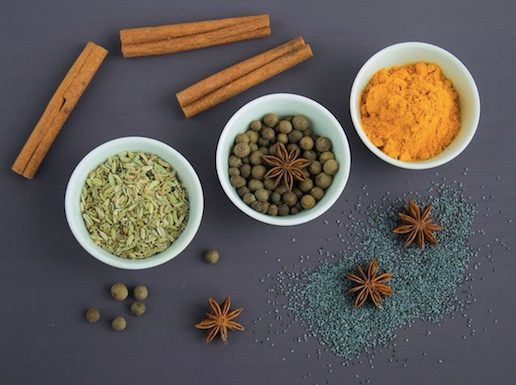FCC Method to Determine Authenticity of Naturally Derived Food Ingredients
 The Food Chemicals Codex (FCC) is an internationally recognized compendium of quality, identity and purity standards for food ingredients published by the US Pharmaceutical Convention (USP). It includes specifications of the ingredients’ chemical formula, structure, molecular weight as well as its function, definition and information on packaging, storage and labeling.
The Food Chemicals Codex (FCC) is an internationally recognized compendium of quality, identity and purity standards for food ingredients published by the US Pharmaceutical Convention (USP). It includes specifications of the ingredients’ chemical formula, structure, molecular weight as well as its function, definition and information on packaging, storage and labeling.
In the accompanying appendices of the FCC, corresponding tests and assays are laid out, along with the relevant reference material to ensure reliability of the specified analytical procedures. With this information, the FCC provides an independent process for suppliers and producers in the industry to agree on the criteria for identity, quality and purity, and thereby the basis of determining the authenticity of food ingredients.
FCC Method for Bio-based Content of Food
The FCC method for determining bio-based content of food ingredients uses carbon isotope signatures to differentiate between renewable carbon sources (e.g. plant or animal-based) and synthetic sources (e.g. petroleum-derived). The carbon isotope signature method is the most accurate way to determine bio-based content. This method allows bio-based percentage claims on food labeling to be verified.
The FCC suggests the method for 1,3-propanediol, but it is applicable to all carbon-based ingredients. The basis of the method lies in the isotopes of carbon – Carbon-12, Carbon-13 and Carbon 14. Naturally derived products will have known amounts of these isotopes, so by comparing the measured amounts to reference standards the authenticity of a natural product can be determined. The radioactive isotope, Carbon-14, is used in particular to distinguish the natural vs synthetic components of a product.
Counterfeit Detection
The FCC method for bio-based content testing is also a useful tool in counterfeit detection. It allows the detection of fraud and adulteration, commonly seen when the natural extract is significantly more expensive than the synthetic compound.
Counterfeit detection is particularly pertinent for both new ingredients and those that are growing in popularity. Instances of adulteration and fraud are most often seen where there is a very high demand for an ingredient with a limited supply of the natural source.
Bio-based content testing can verify any “natural” claims by determining the percentage of the product that comes from renewable sources compared to any synthetic components.
Beta Analytic High-Quality Bio-based Content Testing
ISO/IEC 17025:2017-accredited Beta Analytic provides accurate bio-based content testing in 7 business days or less. A priority service is available for results required in 4 business days or less. Since 1979, the lab has been the world leader in Carbon-14 measurements with multiple forwarding facilities around the globe. Miami-based Beta Analytic has unparalleled expertise with bio-based samples. The lab was one of the key developers of the first standard to determine the bio-based content of products using the radiocarbon method and has been technical adviser to all major bio-based standardization initiatives worldwide including ISO 16620-2. For inquiries, email or call the lab.
Related Topics:
Food Coloring – Natural or Synthetic?
Garlic Oil Quality Control by Carbon-14 Analysis
Natural vs Synthetic – Turmeric Adulteration
Last Updated September 2016